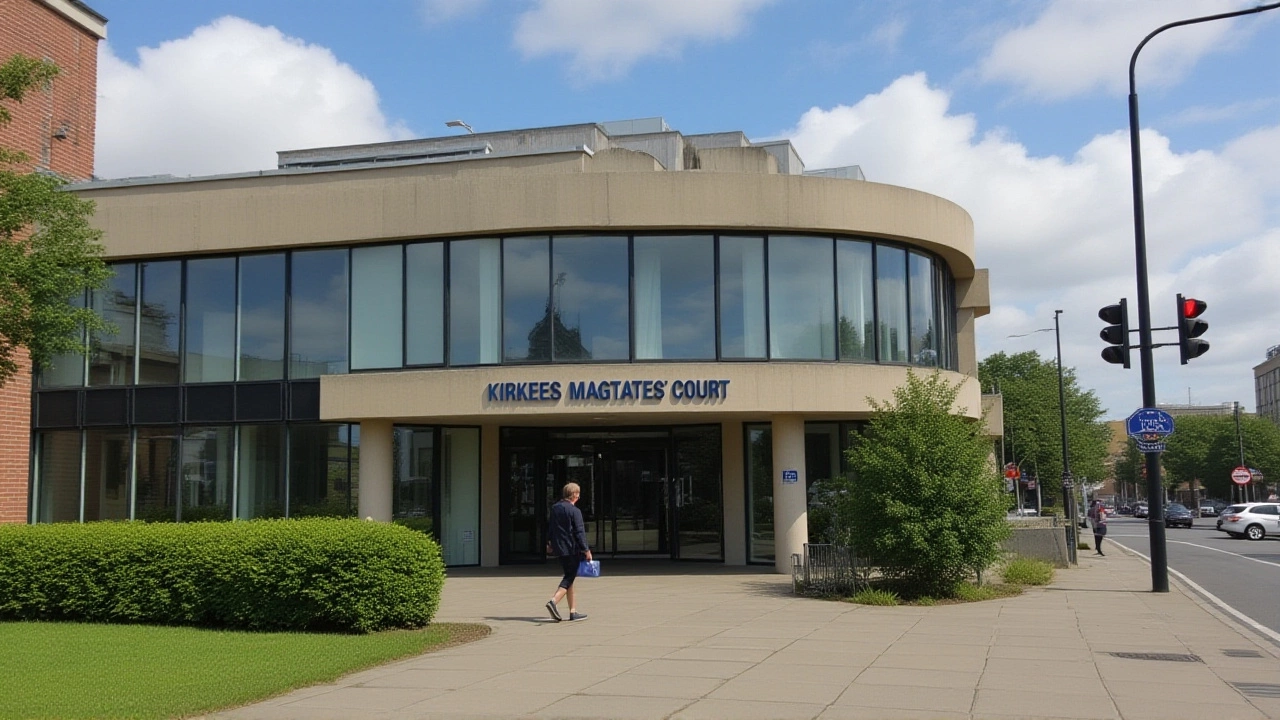Rape – Understanding the Issue and Resources
When discussing rape, a non‑consensual sexual act that is criminalized in the UK and worldwide, it’s vital to grasp its legal, social, and personal dimensions. Also known as sexual assault, it impacts victims, families, and the justice system alike.
The legal framework surrounding legal consequences, the penalties, court processes, and statutory definitions applied to perpetrators provides the backbone for prosecution. In England and Wales, the Sexual Offences Act 2003 defines rape as penetration without consent, carrying a maximum sentence of life imprisonment. Courts consider factors such as the use of force, victim vulnerability, and prior offences when sentencing. Understanding these rules helps victims know what to expect if they decide to involve the police.
Beyond the courtroom, support services, specialist charities, helplines, and counselling providers that assist survivors play a crucial role in recovery. Organizations like Rape Crisis and Victim Support offer free, confidential advice, helping people navigate medical examinations, legal paperwork, and emotional coping strategies. Many services operate 24/7, ensuring help is available at any stage of the process.
Another pillar of the ecosystem is victim advocacy, the practice of representing survivors' interests within the criminal justice system. Advocates may accompany victims to police stations, accompany them in court, and ensure their voices are heard during sentencing. Their presence often reduces the feeling of isolation that can accompany legal proceedings, and they can also educate professionals about trauma‑informed approaches.
These entities intertwine in clear ways: rape encompasses non‑consensual sexual activity, it requires a robust legal response, and it triggers a network of support and advocacy. The law influences how services are funded, while effective support can affect the outcome of legal cases by providing reliable testimony and emotional stability. Advocacy groups, in turn, lobby for law reforms that better protect survivors and hold offenders accountable.
Key Aspects to Know
First, consent is the cornerstone of the legal definition. Without clear, enthusiastic agreement, any sexual act may be classified as rape. Second, the timeline for reporting can vary; while there is no statutory limit on reporting rape in the UK, prompt reporting often aids evidence collection. Third, medical examinations, commonly called “rape kits,” can document injuries and collect DNA, crucial for forensic analysis.
Fourth, financial compensation is another outcome to consider. Victims may pursue civil claims for damages, covering physical injury, emotional distress, and loss of earnings. Fifth, confidentiality is protected by law: the victim’s identity is typically not disclosed in court, and media outlets must respect privacy unless the victim agrees.
Sixth, the role of technology is growing. Digital evidence—texts, social media posts, or images—can serve as vital corroboration. However, it also raises issues around privacy and the handling of online harassment. Seventh, community education helps prevent rape by promoting respectful relationships and by challenging myths that blame victims.
Finally, the recovery journey is highly individual. While legal justice is one path, many survivors find healing through therapy, peer support groups, or creative expressions. Understanding the full landscape—from statutes to support networks—empowers anyone dealing with the aftermath to make informed choices.
The collection of articles below reflects this breadth. You’ll find pieces that break down legal definitions, share experiences of navigating support services, and discuss the evolving role of advocacy in the UK. Dive in to explore practical advice, real‑world case studies, and up‑to‑date information that can guide you or someone you know through this challenging terrain.
Six Men Charged with 1990s Sex Offences in West Yorkshire
Six men face rape, false imprisonment and indecent assault charges for alleged crimes against girls in Kirklees (1994‑98). Their court appearance marks a pivotal step in historic abuse justice.
